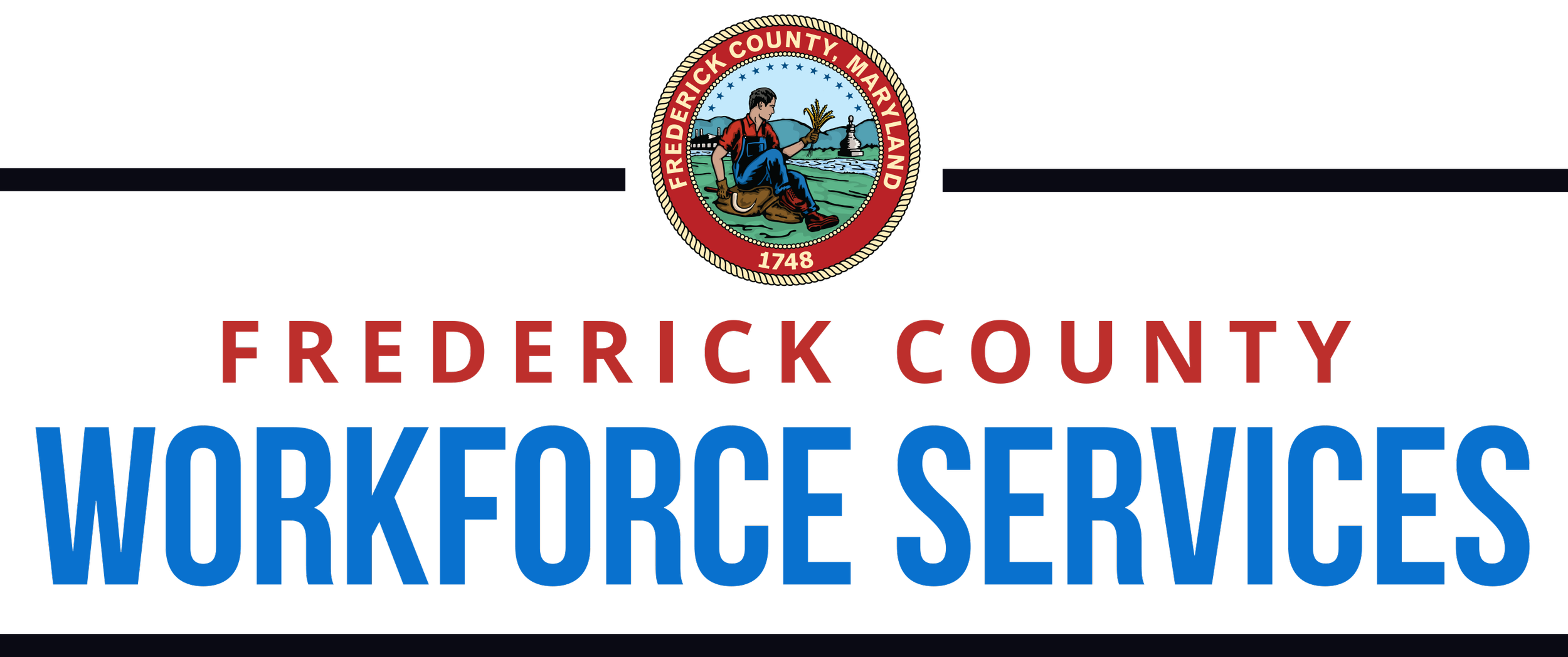Is it Time to Do Things Differently?
By Max Douge
This may be the most underwhelming statement you’ll read today: Employers are struggling to find candidates for their job openings. Most of us are fully aware that, for over a year, identifying and retaining job candidates has been one of the biggest challenges for many businesses.
Healthcare is still a major concern for many people, but there are other aspects of our society that may compel job seekers to make their way back into the workforce soon: vaccinations, reopening of schools, and most recently, the end of federal benefits implemented to assist during the pandemic. However, there are still many obstacles and there are currently more job openings than there are available job seekers across the country. So, once again, we ask: Where are all the job seekers?
An overlooked challenge may be that more and more people are working independently as contract workers, temporary workers, and gig workers. The ability to work independently has enabled many people to sustain themselves during the pandemic, offering a way to adapt to unemployment and under-employment. Work/life balance and flexibility, particularly through gig work, became an attractive perk for those responsible for childcare, sick family members, or elder care.
Additionally, online platforms for freelance and gig workers (ex: Upwork and Fiverr) as well as online money management/investment tools, like Acorn and Robinhood, offer people the ability to truly be independent from the traditional 9-to-5 income-generating format.
“Are there other incentives to offer? Are there opportunities to offer new tasks (similar to gig work opportunities) to keep employees interested in working long-term with an organization? Can businesses implement new or different work hours to allow for better flexibility or work/life balance for their workforce? ”
So how can businesses adjust to this challenge? Many are now offering higher wages to go along with competitive benefits (health, retirement, etc). Additionally, more businesses are creating and offering career paths to new hires, highlighting the incentives and/or benefits of accepting a position. Creating a company culture that meets the demands of the workforce is also attracting new hires with similar interests.
Are there other incentives to offer? Are there opportunities to offer new tasks (similar to gig work opportunities) to keep employees interested in working long-term with an organization? Can businesses implement new or different work hours to allow for better flexibility or work/life balance for their workforce? Can businesses partner with childcare or eldercare providers and offer these services to relieve these challenges for their employees?
I’m asking these questions simply to challenge the way things have typically been done – it may be time to do things differently for businesses to fill their job openings and to adapt to what job seekers need.
Some additional suggested reading:
“More Americans are taking jobs without employer benefits like health care or paid vacation” (article on Vox.com)
“The State of Independence in America” (data on the topic of independent workers by MBO Partners)

